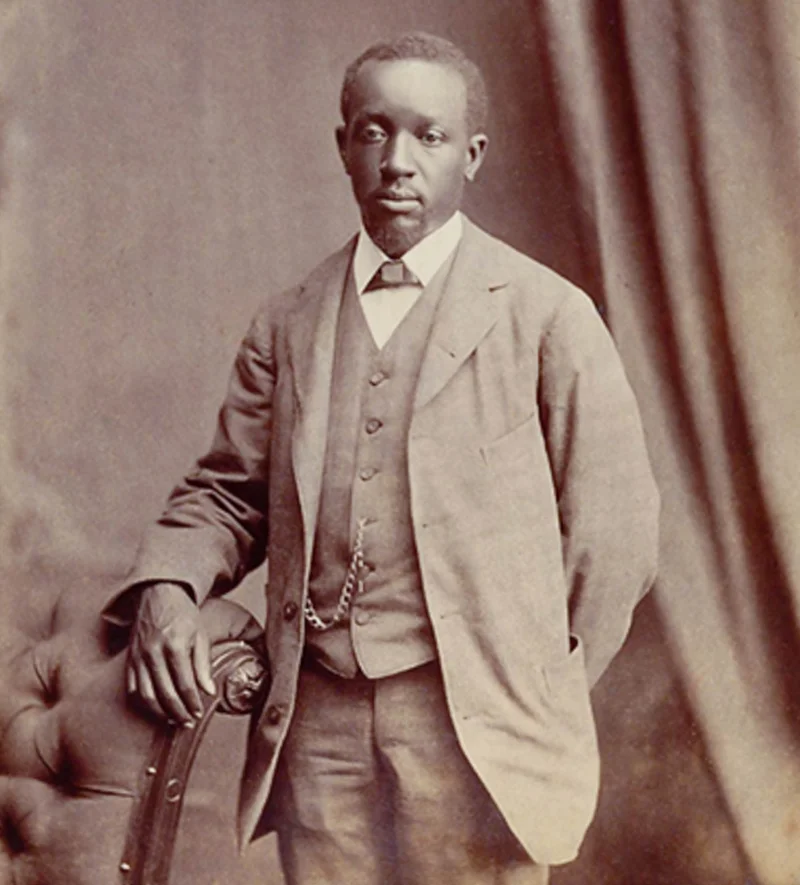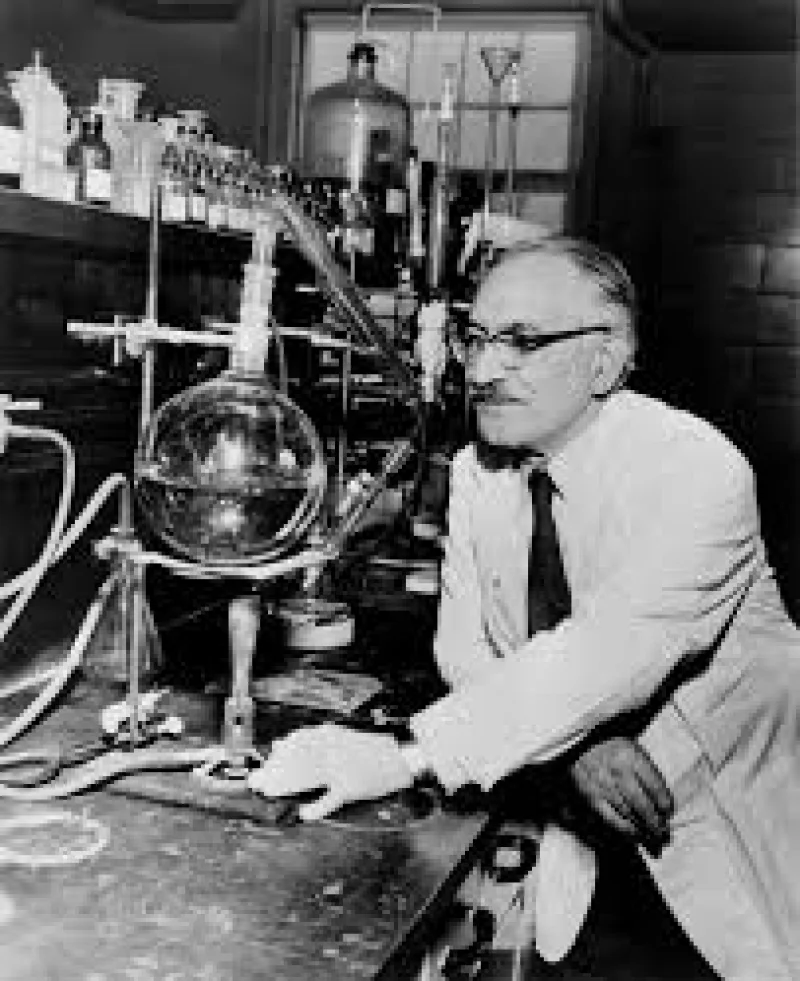Short Summary
Kristian Birkeland was a pioneering Norwegian scientist renowned for his groundbreaking work in understanding the auroras and their connection to solar activity. His innovative theories on the Earth’s magnetic field and atmospheric phenomena laid the foundation for modern space research. Birkeland's contributions extend beyond his auroral studies, as he also played a crucial role in developing the Birkeland-Eyde process for producing artificial fertilizers. His work remains a cornerstone in both geophysics and industrial chemistry.
Early Life & Education
Born on December 13, 1867, in Christiania, now Oslo, Norway, Kristian Birkeland grew up in a family that valued education. His father was a merchant, and his mother came from a family with a strong academic background. Birkeland showed an early interest in science and mathematics, which led him to pursue studies at the University of Oslo. He graduated with a degree in physics and soon became engrossed in the study of electromagnetism and atmospheric phenomena. His academic journey cultivated a deep-seated curiosity about the natural world, which would drive his future research endeavors.
Career Highlights
Kristian Birkeland's career was marked by significant scientific exploration and industrial innovation. In 1896, he was appointed as a professor at the University of Oslo, where he focused on electromagnetic theory. Birkeland is best known for his theory that the aurora borealis is caused by electrons from the sun colliding with the Earth's atmosphere. He conducted extensive experiments, including the creation of a terrella, a magnetized sphere, to simulate the Earth's magnetic field. Additionally, Birkeland co-developed the Birkeland-Eyde process, which revolutionized the production of nitrogen-based fertilizers, demonstrating his ability to apply scientific principles to practical problems.
Major Achievements
- Developed the first comprehensive theory explaining the aurora borealis.
- Invented the Birkeland-Eyde process for artificial fertilizer production.
- Pioneered the use of a terrella to model Earth's magnetic field and auroral phenomena.
- Published several influential papers on electromagnetism and atmospheric physics.
Famous Quotes
- "A great discovery solves a great problem but there is a grain of discovery in the solution of any problem."
- "In the end, what matters is the work we leave behind."
Interesting Facts
- Birkeland was nominated for the Nobel Prize seven times but never won.
- He built a laboratory in the mountains to avoid the influence of urban electromagnetic interference.
- His image appears on the Norwegian 200-kroner banknote.
Legacy / Influence
Kristian Birkeland's work laid the foundation for modern space weather research and our understanding of geomagnetic storms. His theories on the auroras influenced generations of scientists in the fields of geophysics and astrophysics. The industrial processes he developed for fertilizer production had a profound impact on agriculture, supporting global food production. Birkeland's legacy is evident in both scientific and practical domains, underscoring his role as a visionary scientist.
FAQ
Q: Why is Kristian Birkeland famous?
A: Because of his pioneering research on the aurora borealis and his development of the Birkeland-Eyde process for fertilizer production.
Q: What did Kristian Birkeland invent?
A: He invented the terrella experiment and co-developed the Birkeland-Eyde process.
Q: What is the Birkeland-Eyde process?
A: It is a method for producing nitrogen-based fertilizers using an electric arc to fix atmospheric nitrogen.











